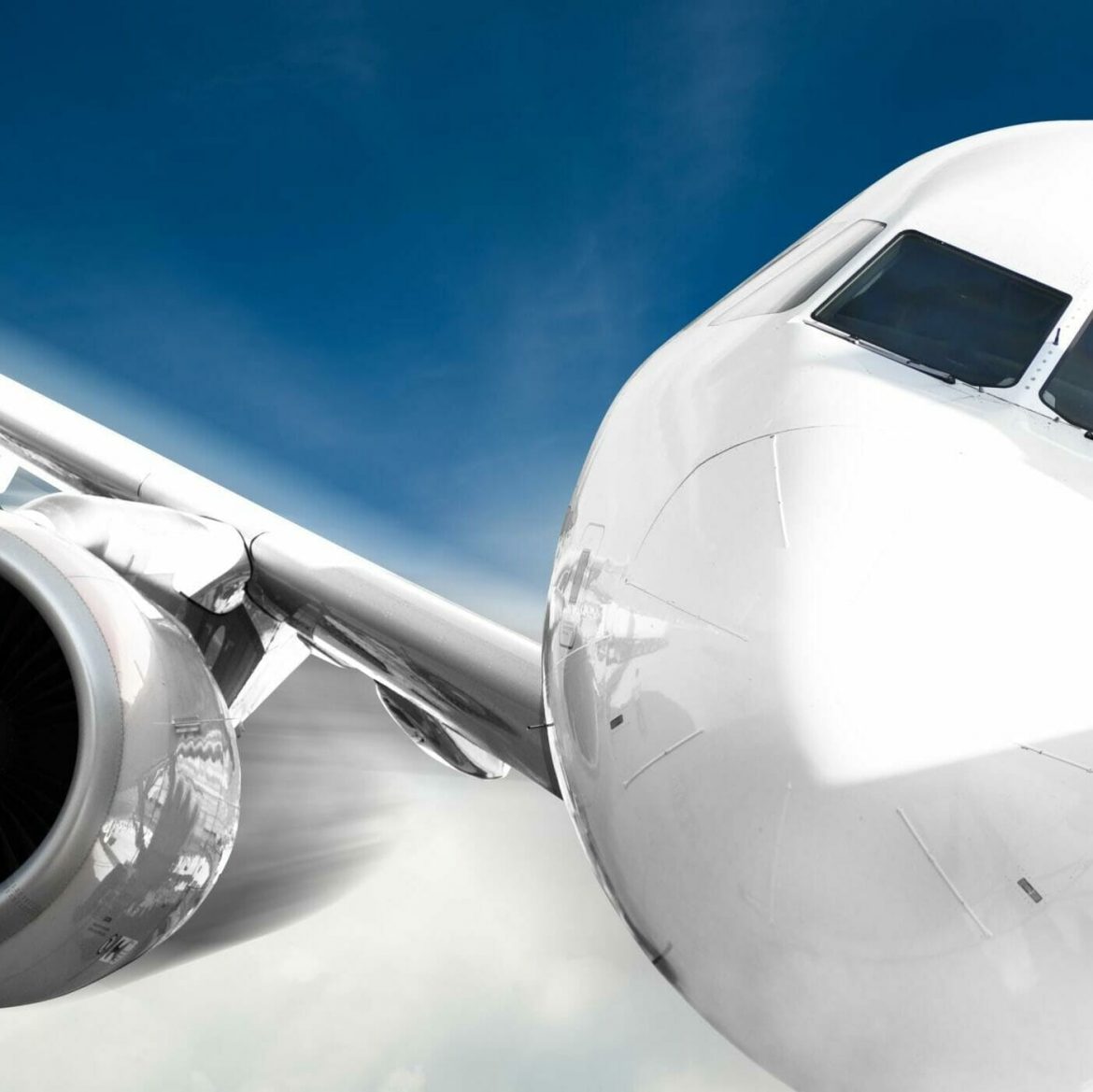Airplanes have revolutionized the way we travel and connect with the world. However, their impact extends far beyond the realm of transportation. In this article, we will explore how airplanes have transformed the global economy, shaping industries, trade, tourism, and globalization itself.
- Accelerating Globalization:
Airplanes have played a pivotal role in accelerating globalization. By drastically reducing travel times, they have facilitated the movement of people, goods, and ideas across borders. This has led to increased international trade, cultural exchange, and economic integration. As a result, businesses can now operate on a global scale, accessing new markets and opportunities. - Boosting Trade and Commerce:
The advent of airplanes has significantly impacted international trade. Air cargo has become a vital component of global supply chains, enabling the swift transportation of perishable goods, high-value products, and time-sensitive materials. This has facilitated the growth of industries such as pharmaceuticals, electronics, and fashion, which heavily rely on quick and efficient transportation. - Stimulating Tourism:
Air travel has made tourism more accessible and affordable, leading to a surge in global tourism. People can now explore distant destinations within hours, opening up new opportunities for the hospitality industry, local businesses, and job creation. The tourism sector has become a major contributor to many economies, generating revenue, employment, and cultural exchange. - Fostering Innovation and Technological Advancements:
The aviation industry has been a catalyst for innovation and technological advancements. The need for safer, more efficient, and environmentally friendly aircraft has driven research and development in various fields. This has resulted in advancements in aerodynamics, materials science, engine technology, and navigation systems, which have not only improved air travel but also found applications in other industries. - Creating Job Opportunities:
The growth of the aviation industry has created a vast number of job opportunities worldwide. From pilots and flight attendants to aircraft engineers, air traffic controllers, and ground staff, the demand for skilled professionals in the aviation sector continues to rise. Additionally, the industry's expansion has also led to job creation in related sectors such as tourism, hospitality, logistics, and manufacturing. - Transforming Remote Areas:
Airplanes have transformed remote and isolated areas by connecting them to the global economy. Previously inaccessible regions can now benefit from trade, tourism, and development opportunities. This has led to the growth of remote industries, improved access to healthcare and education, and enhanced quality of life for communities living in these areas.
Conclusion:
The impact of airplanes on the global economy cannot be overstated. From accelerating globalization and boosting trade to stimulating tourism and fostering innovation, airplanes have revolutionized the way we do business and interact with the world. As technology continues to advance, it is crucial to recognize and harness the potential of aviation to drive economic growth, sustainability, and global connectivity.


